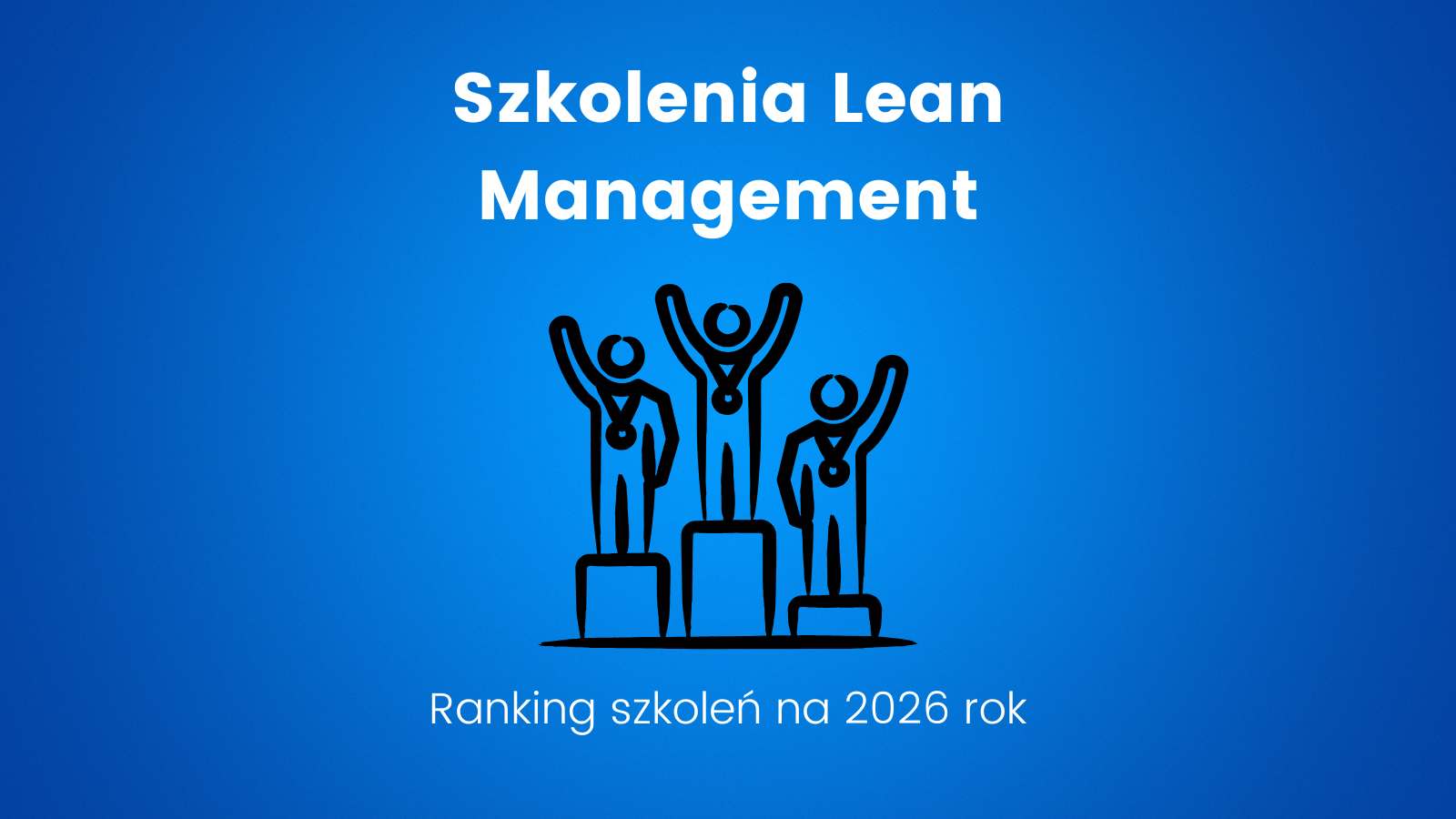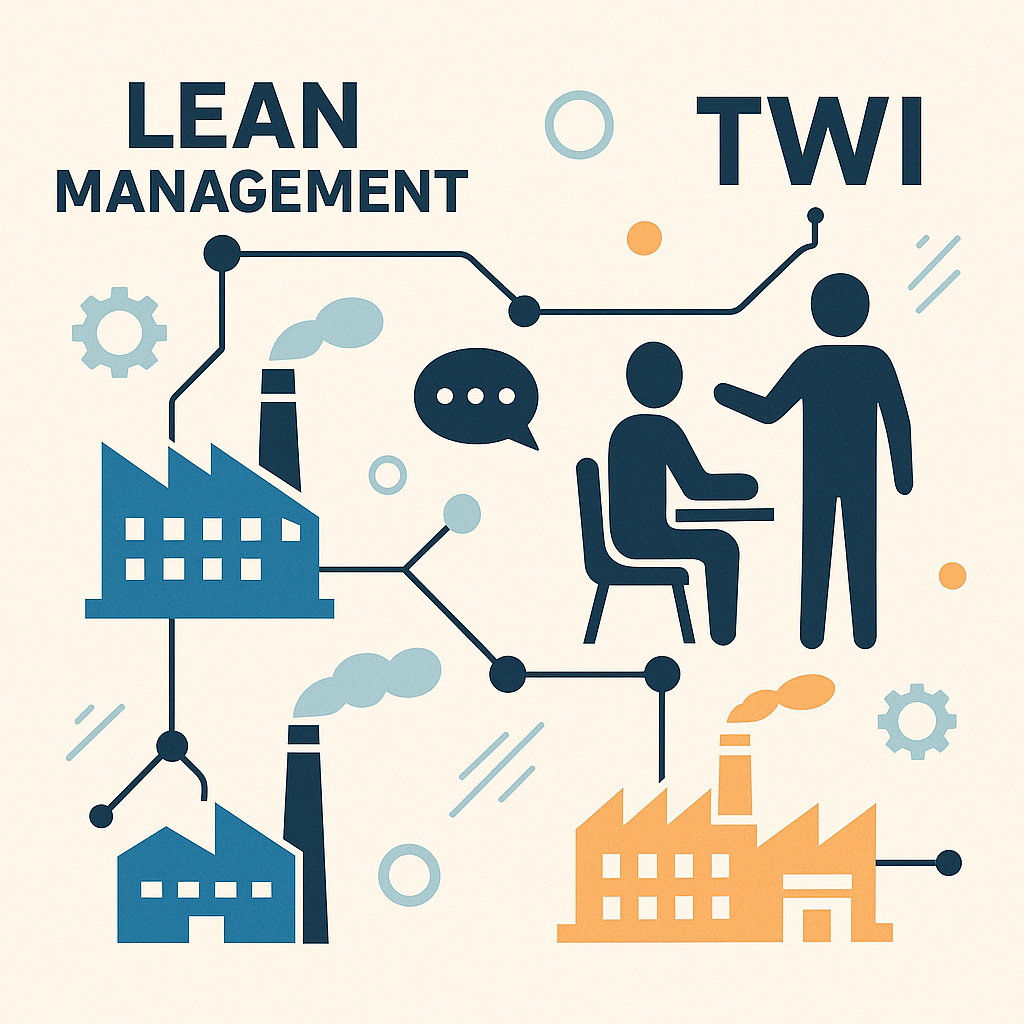Effective leadership and employee motivation. A good employee attitude – building and maintaining it is a significant challenge for every manager and leader leading their team. What is the reason that your subordinate is not sufficiently engaged in performing their duties and only focuses on finding the next “impossibles”? To what extent does a superior influence the attitude of their employee? What is the most important step that must be taken in the process of changing such an attitude?
Table of Contents
ToggleEffective Leadership – The Role of Motivation
You will probably agree with me that the biggest impact on a person’s attitude is their motivation:
- external – punishments, rewards, benefits;
- internal – the activity is performed with pleasure, no encouragement is needed for this.
For me, a motivated and engaged employee is one who:
- Shows a positive attitude towards work and their duties.
- The goal of their action is to increase results – their own, the team’s, and the company’s.
- Strongly identifies with the company, its values, vision of development, and strategy, and believes in its future.
- Can collaborate in the team and share their knowledge and experience with it.
- Can be trusted and assigned the execution of an important task, with confidence that it will be done on time and with good quality.
- Performs duties often going beyond the standard list of responsibilities arising from their position.
- Wants to develop.
In my career, I have often encountered employees presenting a completely different attitude from the one described above – with a low level of engagement, reluctance to learn, focused on doing the bare minimum, lacking proactivity in action, lacking engagement in the team, focused only on their own “I”, etc.
Problems Arising from Negative Employee Attitude
From experience, I also know how hard it is to work with such people – any progress in attitude/results of such people is paid for with tremendous effort on the part of the leader and team. An employee with a negative attitude is a real “ball and chain” for the manager – they give little of themselves, and in addition, they often torpedo the leader’s actions – questioning his decisions, undermining authority, the sense of introduced change, etc.
Constructive Conversation as a Key to Change
Effective leadership and employee motivation. Is there any antidote, thanks to which there is a chance to change the attitude of such a subordinate? My practice suggests that YES – it is SINCERE AND CONSTRUCTIVE CONVERSATION and understanding “what really plays in the soul” of such an employee. Such a conversation, during which the leader “digs into” the true motivators (preferably internal) of the subordinate’s behavior, is the key and a chance for them to start working together on changing the attitude. What are my good practices on this subject? I will write about that next time. And what do you think, can a sincere conversation between a leader and an employee be a good chance to build a new and better tomorrow – for the employee, leader, team, and also the entire company?

I am an effective manager with 17 years of experience in sales management, and customer service, and the practical ability to optimize processes and introduce employee changes. I prioritize sustainable business development by building and cooperating with a team of motivated and committed professionals who identify with the highest work standards.






